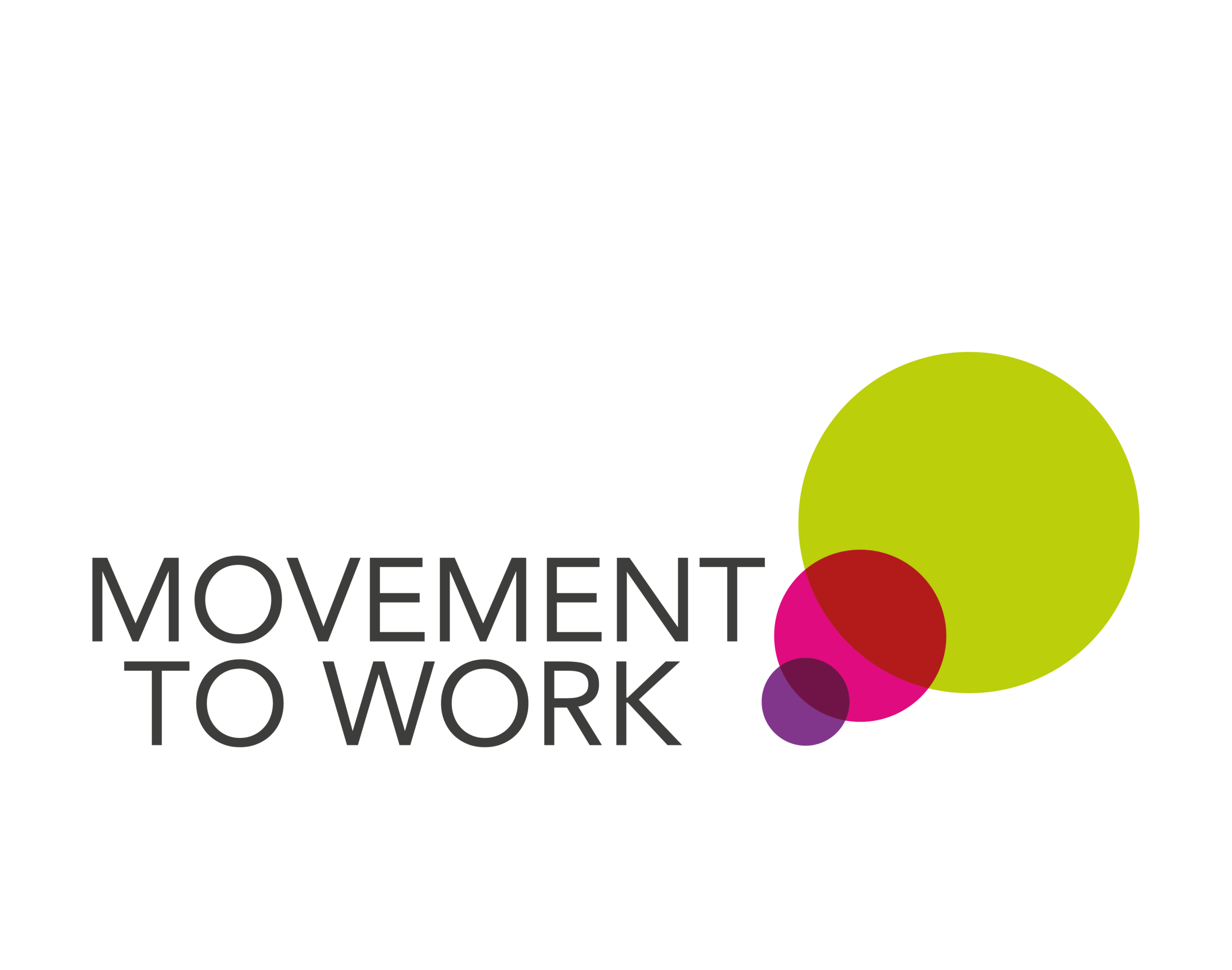The burden of tax falling on workers and employers has increased as a hotly-debated rise in National Insurance payments takes effect.
In September, the government announced the rise in contributions from April 6th, in part to help ease the burden on the NHS. Employees, businesses and the self-employed will pay an extra 1.25p in the pound. The extra tax is earmarked for government spending on social care.
Earnings levels at which people start to pay income tax have been frozen, increasing the chances of employees being dragged into a new band, with a higher rate of tax, if they receive a pay rise.
Employees pay National Insurance on their wages, employers pay extra contributions for staff, and the self-employed pay it on their profits.
From now on, employees will pay National Insurance contributions on earnings above £9,880 a year. From July, it will be paid on earnings above £12,570 a year. Taken together, the measures mean that, over the next 12 months, anyone earning less than about £34,000 a year will pay less in National Insurance than they did the previous year, while those earning more will see their payments rise.
It means that, instead of paying National Insurance contributions of 12% on earnings up to £50,270 and 2% on anything above that, employees will now pay 13.25% and 3.25% respectively. The self-employed will see equivalent rates go up from 9% and 2% to 10.25% and 3.25%.
To full article can be found here.
